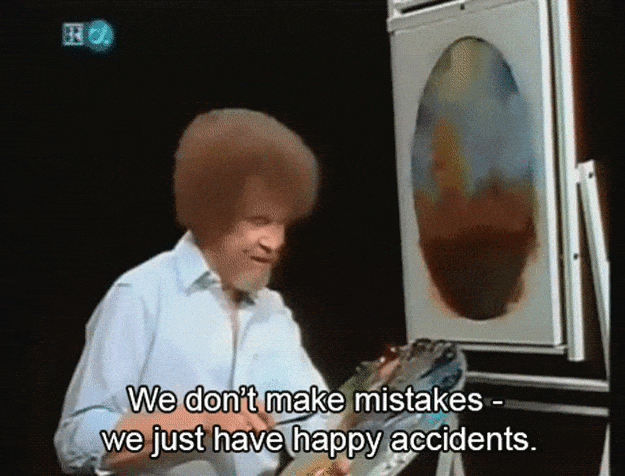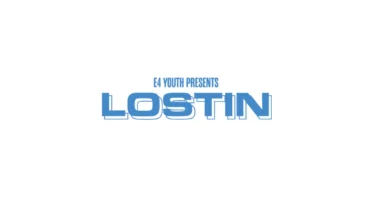Finding Allies As We Diversify the Creative Workforce
Finding Allies As We Diversify the Creative Workforce
Yesterday morning, I had coffee with Austin copywriter Brian Thompson and at the end of our convo, he handed me a generous donation.

Brian had heard about E4 Youth through Creative Mornings Austin talk by local comedian, ad guy and E4 volunteer Carlton Wilcoxson. After reflecting on his career as a middle aged white guy in advertising and the current social / political climate around us, Brian wanted to be more proactive. So, in anticipation of his 45th birthday, he decided to start a conversation about diversity in advertising by launching a fundraising campaign using the tag line “Advertising doesn’t need another old, white guy.”
So to face my fears, I’ve set what feels like an audacious goal; raise $4,500 for E4 Youth before my 45th birthday on October 25th. To do it, I’m turning my self-doubt into a rally cry…
Brian Thompson

Brian was able to raise $1280 on E4 Youth’s behalf and have some interesting (and sometimes uncomfortable) conversations with friends and colleagues within the ad industry.
So, What Did We Learn From This?

As the founder of a non-profit, I’m always interested in understanding why people choose to give time and money to causes? What motivates a middle aged white guy to advocate for a cause like E4 Youth? Is it pure altruism? A desire to be virtuous? A personal connection? A world event/disaster? A marketing ploy or an actual recognition of value?
Depending on the cause and current political climate, any or all of these reasons can come into play.
As I sit in yet another kick-off meeting, looking around the conference table at all the other white, male faces, I can’t ignore that this homogeny is not good for our work, our industry and our country.
Brian Thompson
As an ad industry veteran, Brian is addressing the elephant in the room. It’s uncomfortable because it raises the prospect of his own obsolescence. This is the moral dilemma that mostly white male advertising, media and tech executives face today. What may be good for their company, industry or country may not seem good for them personally — at least not at first glance.
In my talk with Brian, the thing that seemed to resonate the most with him and other donors is thinking about how they got started in the business. Unlike becoming a doctor or lawyer, there is no definitive pathway to success for creatives. Inevitably, someone saw us and gave us a shot at success. More often than not it was a family friend or relative in the industry. Maybe a teacher that knew someone that could help.
But what if you don’t know any one in the business? How would you know that your talents and interests can lead to a fulfilling career? Even, if you did know the opportunities exist, how do you actually pursue them?
What I have learned is that small interactions and relationships create empathy and sow the seeds of change. Whether it’s through our volunteers, creative college mentors, teachers we collaborate with or champions like Brian. Just by telling our stories, we can make an impact.

